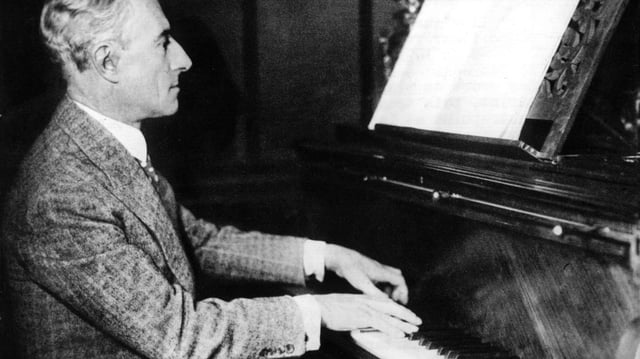Overview
- Maurice Ravel's 'Boléro,' composed in 1928, remains one of the most famous works in classical music, though the composer himself dismissed it as lacking true musical substance.
- The film 'Bolero,' directed by Anne Fontaine, intertwines the composition's creation with biographical elements of Ravel's life, including his personal challenges and inspirations.
- Ravel's process for composing 'Boléro' involved influences from jazz, everyday sounds, and the mechanical rhythms of machines, reflecting his innovative approach to music.
- The movie also highlights Ravel's complex relationships, his experiences during World War I, and his internal struggles as a perfectionist and doubter of his own work.
- Set in 1920s Paris, the film features detailed period settings and strong performances, though some critics feel it lacks depth in exploring Ravel's psychological conflicts.
